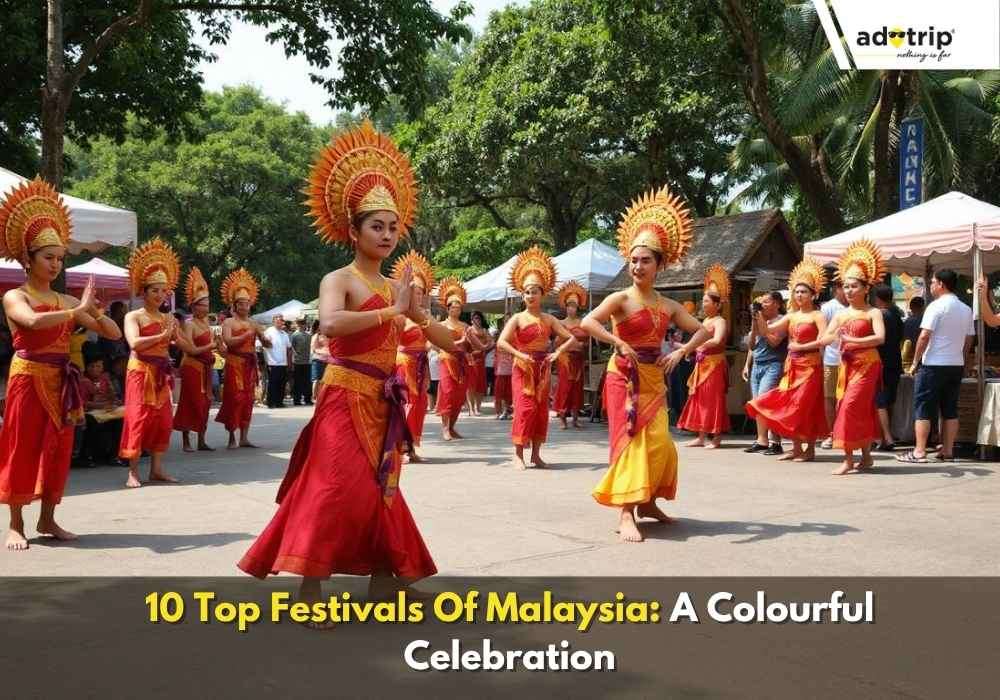
Last Updated At: 24-Jun-2025
10 Top Festivals Of Malaysia | A Colourful Celebration
Malaysia is a vibrant and culturally diverse nation, and its festivals reflect this rich tapestry of traditions. The country celebrates a multitude of festivals that span various religions, cultures, and ethnicities. Hari Raya Aidilfitri, known as Eid al-Fitr, is one of the most significant Muslim festivals. It marks the end of Ramadan, a month of fasting and prayer, and is celebrated with family reunions, special prayers at the mosque, and sumptuous feasts featuring dishes like rendang and ketupat.
Chinese New Year, celebrated by the Chinese-Malaysian community, is a grand spectacle of dragon and lion dances, fireworks, and the exchange of red envelopes filled with money for good luck. The streets are adorned with lanterns, and families gather for festive meals. Thaipusam, a Hindu festival, is marked by colourful processions, devotees bearing kavadis (ornate frameworks), and pilgrimages to Batu Caves. It's a time of devotion and endurance.
Deepavali, also known as Diwali, is the Hindu Festival of Lights. These celebrations offer a unique opportunity to experience the festivals of Malaysia and its richness and vibrant spirit.
List Of 10 Cultures Festivals Of Malaysia | You Should Know About
- Thaipusam | The Tamil Festival
- Chinese New Year | Beginning of Traditional Calendar
- Malaysian Water Festival | A Cultural Festival
- Tadau Ka’amatan Harvest Festival | Celebrate the Harvest
- Wesak Day | A Buddhist Festival
- Hari Raya Aidil Fitri (Eid) | The Festival of Strength and Patience
- Sarawak Gawai Festival | Bonding With Nature
- Rainforest World Music Festival | Explore Cultural Diversity
- National Day | On 31st August
- Mooncake Festival & Hungry Ghost Festival | The Ghost Festival
1. Thaipusam | The Tamil Festival
One of the most prominent festivals of Tamils, Thaipusam is celebrated over 3 days. Thaipusam is a remarkable display of faith, endurance, and devotion, with thousands of devotees participating in the festivities each year. It's also a time when family and community bonds are strengthened, as people come together to celebrate and support the devotees. The festival is not only a religious event but also an important cultural celebration, showcasing the heritage and traditions of the Tamil community in Malaysia.
- When: End of January/beginning of February 2021
- Where: Batu Caves, Waterfall Temple (Penang)
- Highlights: Grand Procession of Lord Muruga
2. Chinese New Year | Beginning of Traditional Calendar
Chinese New Year is celebrated by people of all backgrounds in Malaysia, fostering a sense of unity and shared joy marking its significance in the Malaysia festival calendar. It's a time for Malaysians to come together to enjoy the festivities, exchange blessings, and wish for a prosperous and harmonious year ahead. In various Malaysian cities, you can find grand parades, traditional performances, and cultural exhibitions that showcase Chinese heritage and art.
- When: In the month of February, 2024
- Where: Across the country, especially Kuala Lumpur.
- Highlights: Colurful atmosphere, Dragon and Lion dance
3. Malaysian Water Festival | A Cultural Festival
The Malaysian Water Festival, also known as "Songkran" or "Thai New Year," is a vibrant and unique celebration held predominantly in the northern states of Malaysia, particularly Perlis, Kedah, and Penang. This festival is similar to the Songkran festival celebrated in Thailand and marks the arrival of the traditional Thai New Year, making it a Malaysian cultural celebration.
- When: April 2024
- Where: Begins in Kuantan and ends in Labuan
- Highlights: Blend of Thai and Malay traditions, International fishing tournament
4. Tadau Ka’amatan Harvest Festival | Celebrate the Harvest
Tadau Ka'amatan, commonly known as the "Harvest Festival," is a major cultural and agricultural celebration observed predominantly by the Kadazandusun and Murut indigenous groups in Malaysia's state of Sabah, which is located on the island of Borneo. The festival is usually held during the month of May. One of the central rituals of the festival is the "Magavau," where farmers perform a ceremonial offering of the first harvest to the spirit of the rice, known as "Bambaazon." It is one of the most enjoyable Traditional Malaysian festivals that you can be part of.
- When: 30 -31st May 2024
- Where: Sabah, Federal Territory of Labuan
- Highlights: Rice wine stomping competition, tug-of-war
5. Wesak Day | A Buddhist Festival
Wesak Day is a time for Buddhists to reflect on the teachings of compassion, loving-kindness, and the path to enlightenment as espoused by Gautama Buddha. It is a day of spiritual reflection, acts of kindness, and community celebrations that promote peace and harmony. Wesak Day is not only observed by the Malaysian Buddhist community but is also respected and celebrated as a public holiday in the country.
- When: April or May
- Where: Entire Malaysia
- Highlights: Silent Walks by Buddhists, Liberating animals like Tortoise and Doves
6. Hari Raya Aidil Fitri (Eid) | The Festival of Strength and Patience
Hari Raya Aidilfitri is a time for Muslims to express gratitude for the strength and patience shown during Ramadan and to celebrate the blessings of family, community, and faith. It is a festival that embodies the values of compassion, unity, and forgiveness, and it is celebrated with great enthusiasm and warmth throughout Malaysia, therefore, it is a Malaysian food festival, where you can savour rendang, lemang, ketupat, and a variety of traditional Malay cakes and sweets
- When: April 2024
- Where: Entire Malaysia
- Highlights: Open Houses, Eid Prayers
7. Sarawak Gawai Festival | Bonding With Nature
Gawai is a celebration of the Dayak people's unique cultural identity, their harmonious relationship with nature, and the significance of agriculture. It is a time for community bonding, the sharing of traditional stories, and the preservation of the Dayak cultural heritage. The festival plays a vital role in promoting unity and understanding among the various indigenous communities in Sarawak.
- When: 1-2 June Annually
- Where: Sarawak Region
- Highlights: Alcohol and tuak consumption, cultural performances
8. Rainforest World Music Festival | Explore Cultural Diversity
The Rainforest World Music Festival is not only a celebration of music but also an exploration of cultural diversity, an opportunity for cross-cultural dialogue, and an appreciation of the natural beauty of Borneo. It attracts music enthusiasts, cultural enthusiasts, and those looking for a unique and immersive experience that combines music, nature, and the rich cultural treasure of Malaysia. It is one of the popular festivals in Malaysia and people from across the world come to be a part of it.
- When: 28-20 June 2024
- Where: Kuching, Sarawak
- Highlights: Lively performances, Workshops and Masterclasses
9. National Day | On 31st August
Malaysia observes its National Day, commonly known as "Hari Merdeka," on August 31st every year. This holiday commemorates a watershed moment in Malaysian history, the day Malaysia gained independence from British colonial control in 1957. This day marks the Malaysian holiday event when people come together to celebrate this remarkable day in the history if Malaysia.
- When: 31st August Annually
- Where: Kuala Lumpur
- Highlights: Flag Raising Ceremony, Firework Displays
10. Mooncake Festival & Hungry Ghost Festival | The Ghost Festival
Both the Mooncake Festival and the Hungry Ghost Festival hold a special place in Chinese-Malaysian culture. While the Mooncake Festival is a time for joyous family reunions and moon-gazing, the Hungry Ghost Festival is a time to remember and honour ancestors and to perform acts of kindness for spirits. These festivals contribute to Malaysia's cultural heritage events where cultural diversity and heritage are celebrated.
- When: Mid-Autumn (August/September)
- Where: Entire Malaysia
- Highlights: Floating Lanterns and Joss Papers
Which festival do you want to visit in person? Pack your bags and fly to Malaysia with Adotrip. With us, you can get end-to-end assistance for your trip and booking assistance for your flight, and hotel, and get an excellent package for everything under one roof. So, plan your next trip to Malaysia and get the best travel deals with us.
With us, nothing is far!
Frequently Asked Questions About Festivals Of Malaysia
Q1. What are the major cultural festivals celebrated in Malaysia?
A1. Major cultural festivals in Malaysia include
- Hari Raya Aidilfitri
- Chinese New Year
- Wesak Day
- Gawai Festival
Q2. When is the best time to visit Malaysia to experience its festivals?
A2. The best time to visit for festivals is during Hari Raya, Chinese New Year, or the Rainforest World Music Festival, offering unique cultural experiences.
Q3. What are the unique customs and traditions associated with Malaysian festivals?
A3. Customs include open houses, traditional clothing, and lanterns during festivals. Each has unique customs and rituals associated with religious and cultural significance.
Q4. Can you recommend some festivals that showcase the diverse cultural heritage of Malaysia?
A4. Festivals like Hari Raya, Chinese New Year, and Thaipusam showcase Malaysia's cultural diversity, reflecting traditions and customs.
Q5. Are there any special events or parades during Malaysian festivals that tourists should not miss?
A5. Don't miss the vibrant parades during Chinese New Year, Thaipusam processions, and the Rainforest World Music Festival for music enthusiasts and cultural enthusiasts.
--- Published By Adotrip
Latest Blogs
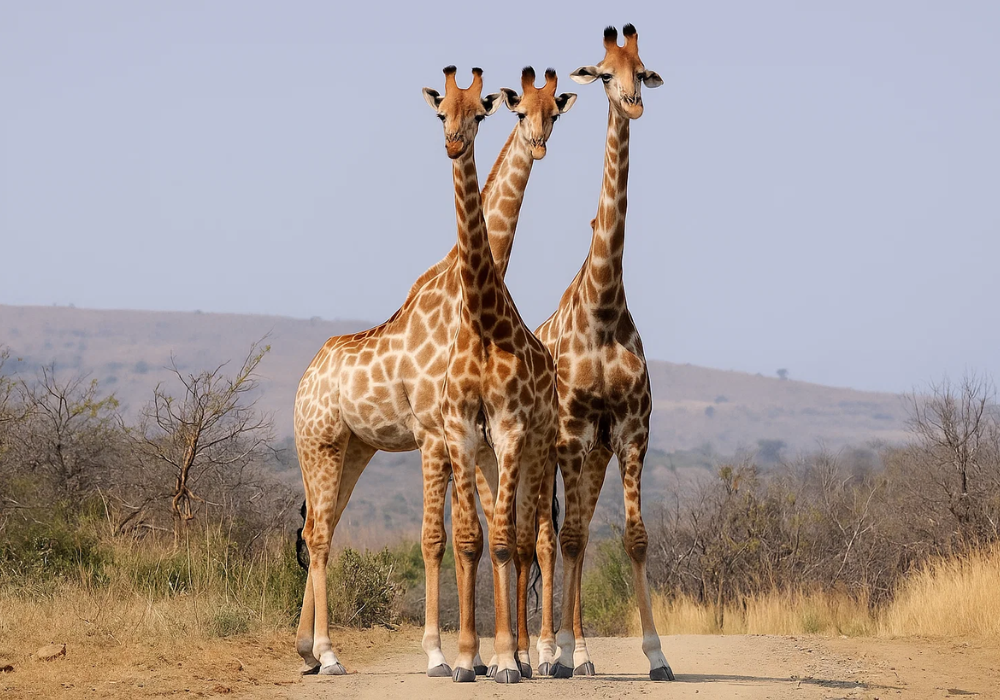
Cash in the Wild: My Safari Adventure Across Kenya with Only...
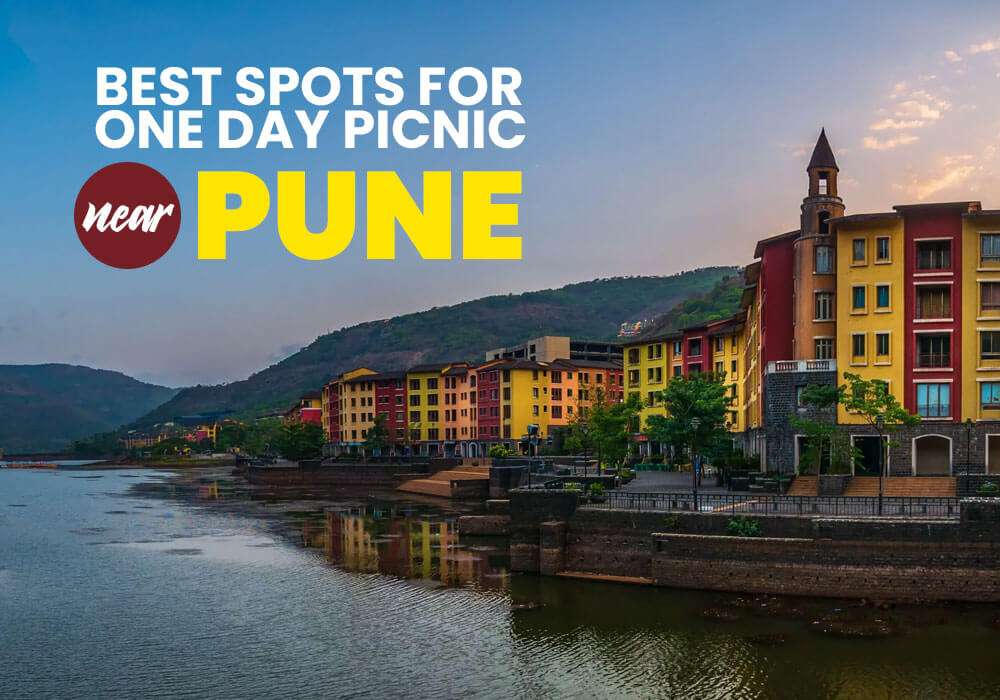
One Day Picnic Spot Near Pune - Adventure, Trekking and Natu...
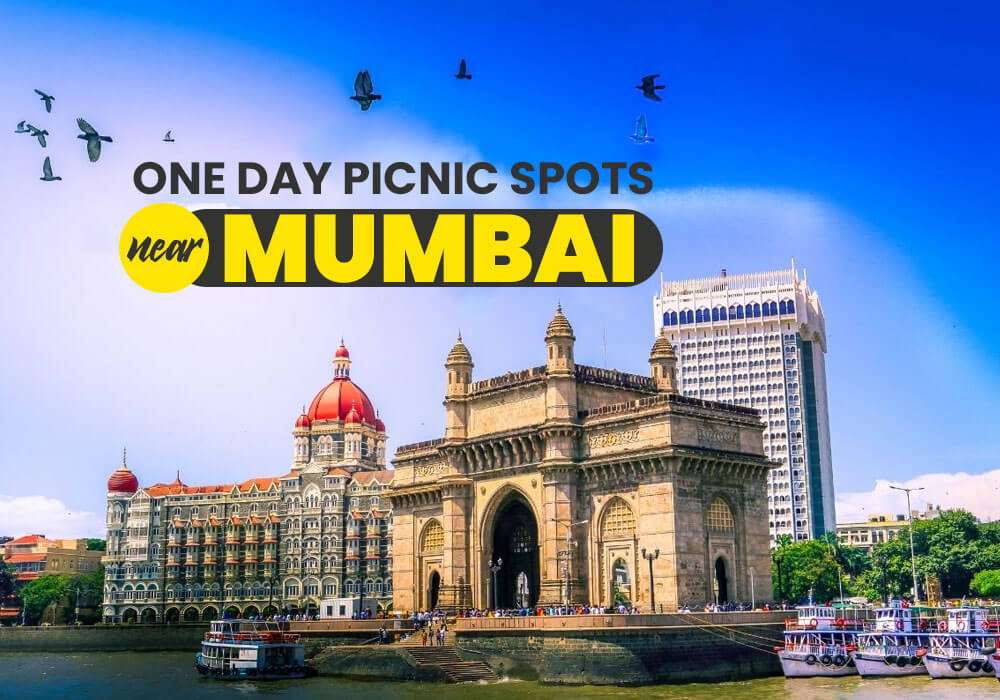
One Day Picnic Spots Near Mumbai - Monsoon, Adventure, Beach...
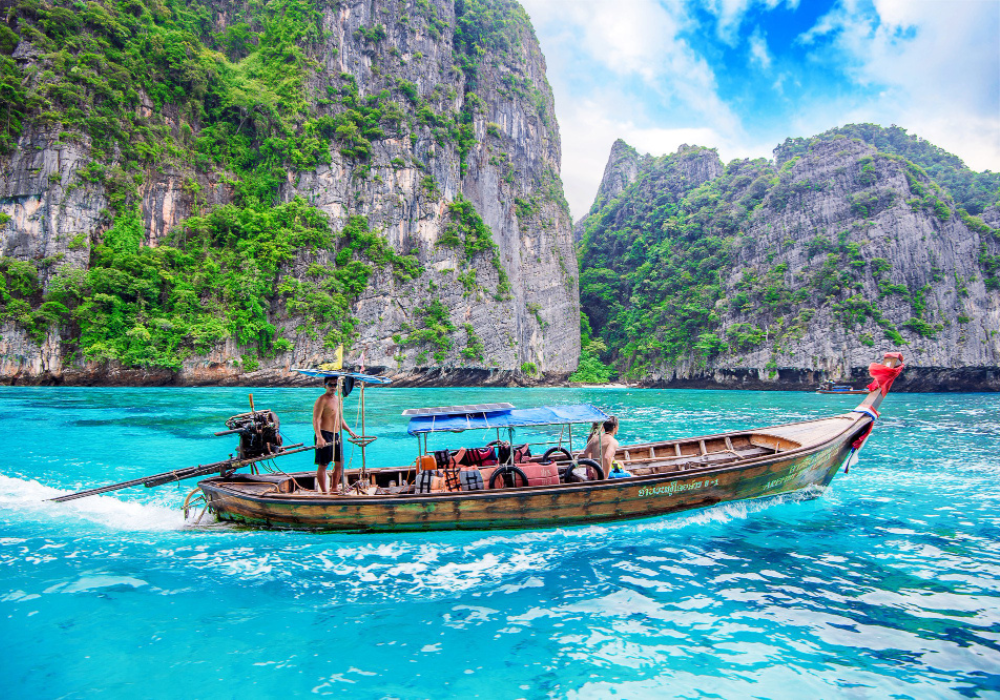
The Best Places to Go in Thailand in 2025
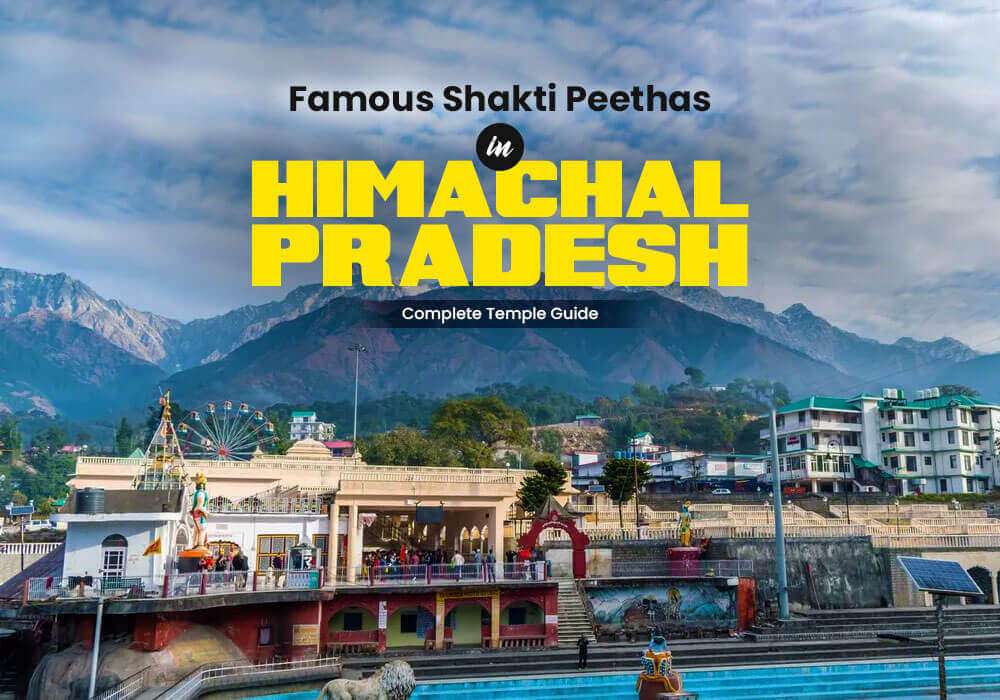


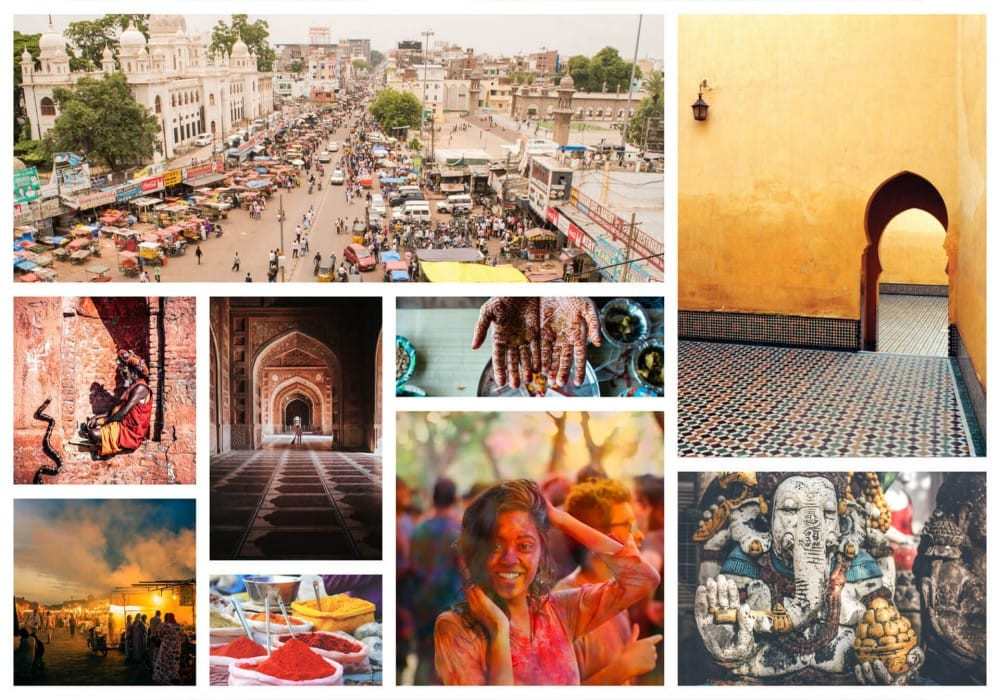
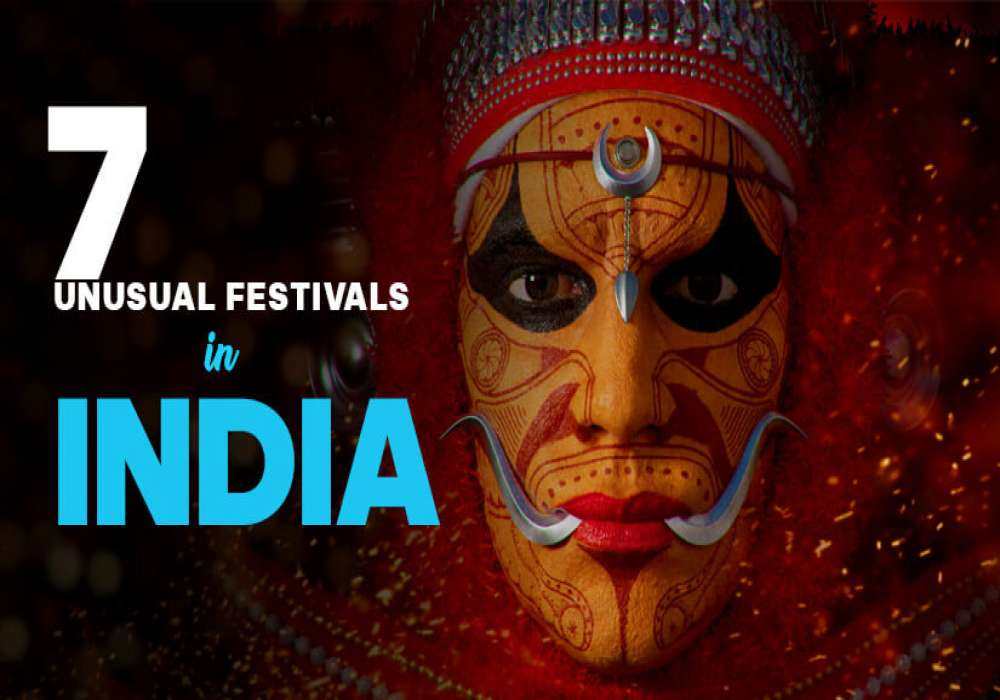


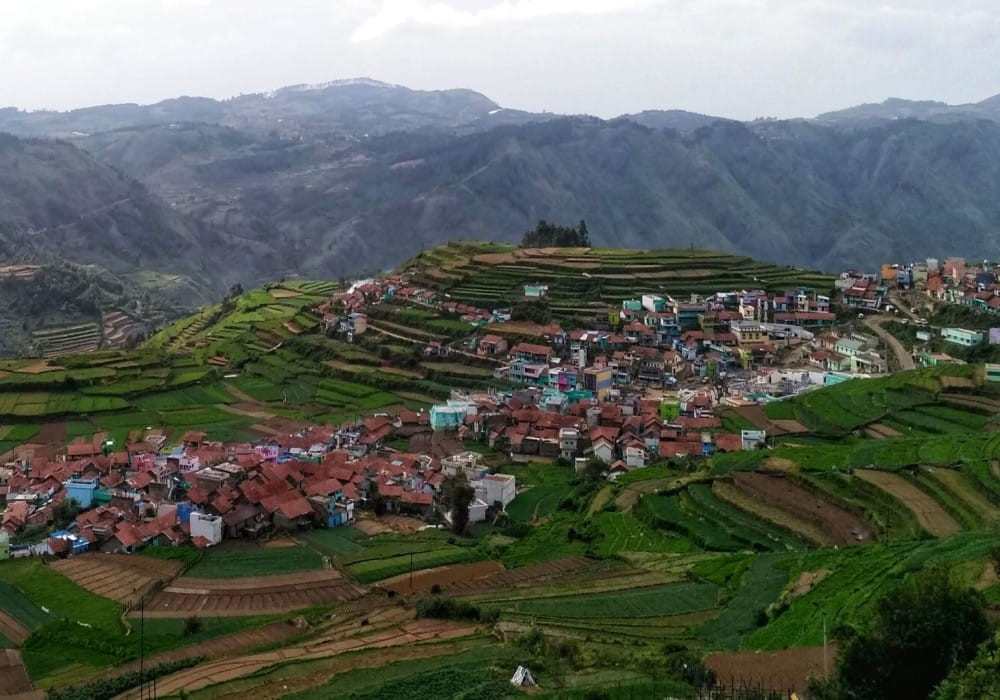

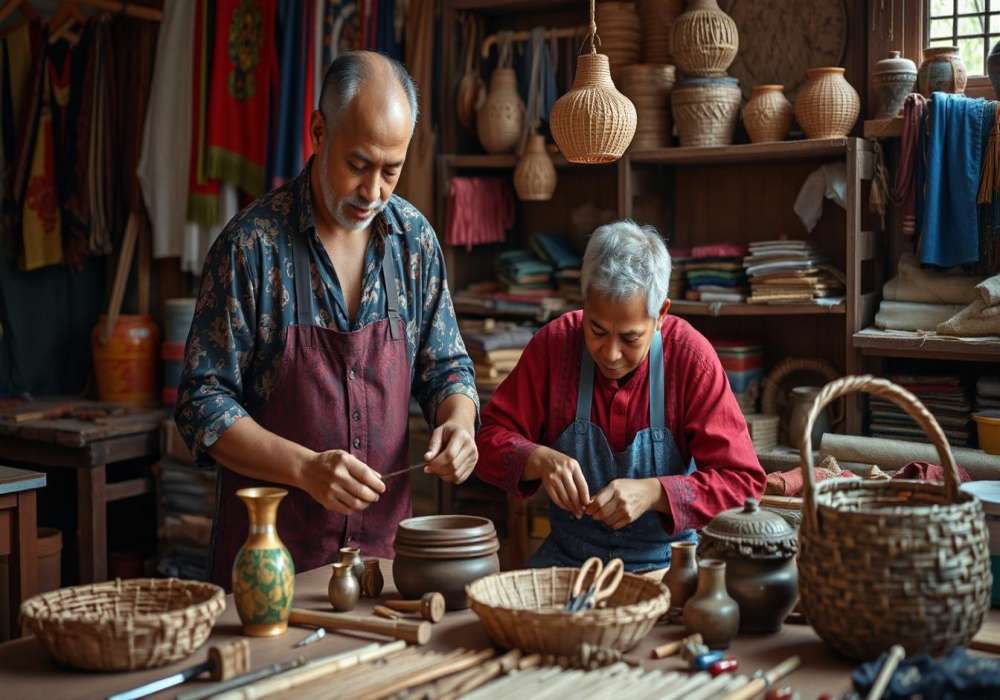
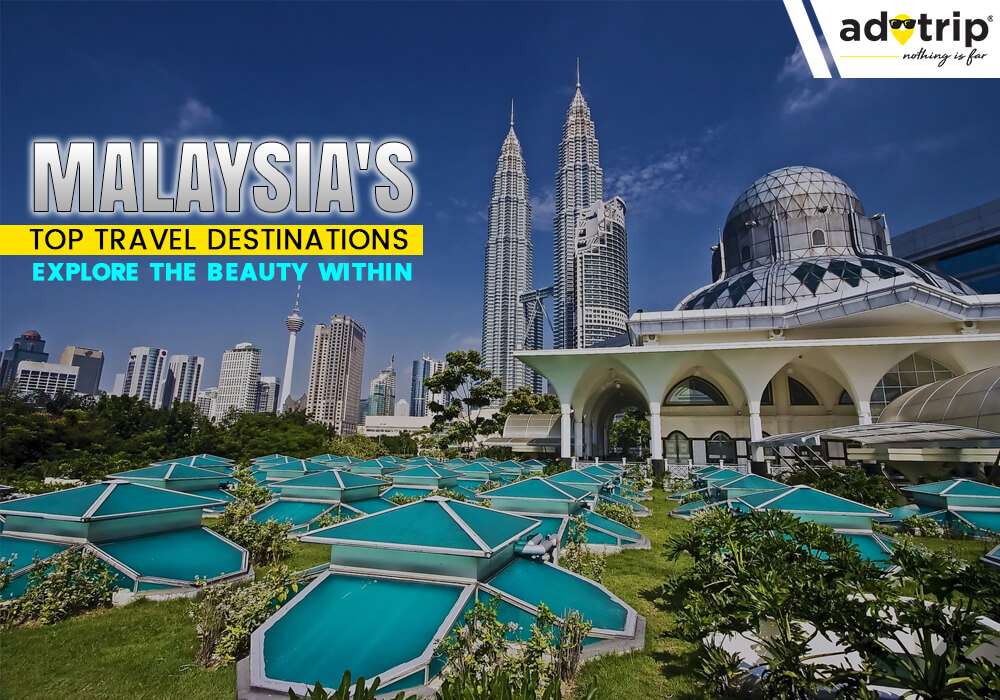
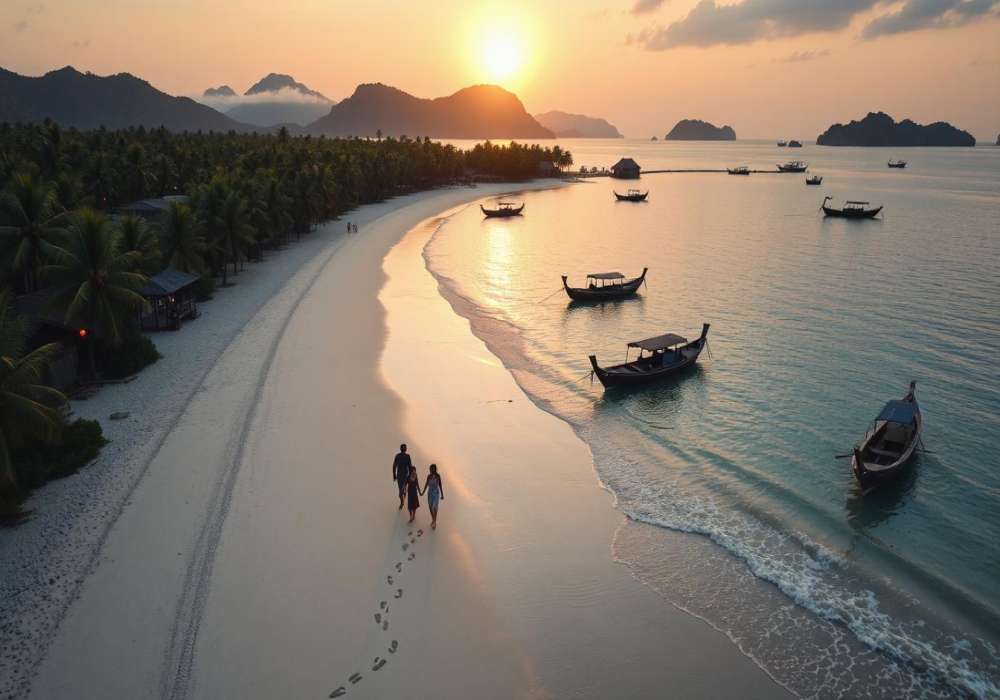
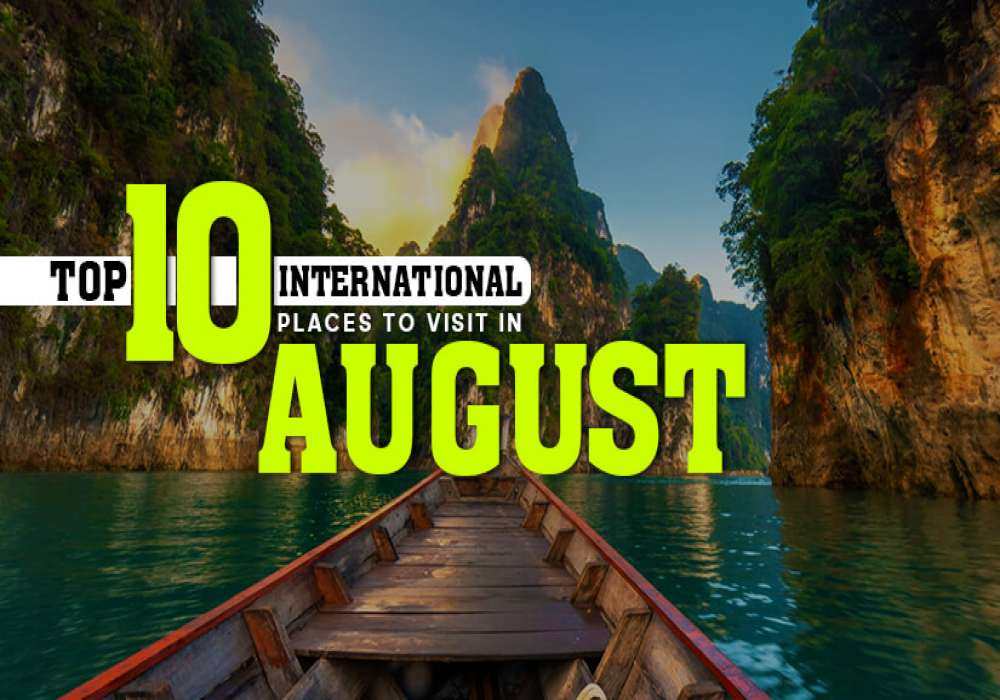
 (1).png)
 Dubai
Dubai Malaysia
Malaysia USA
USA





